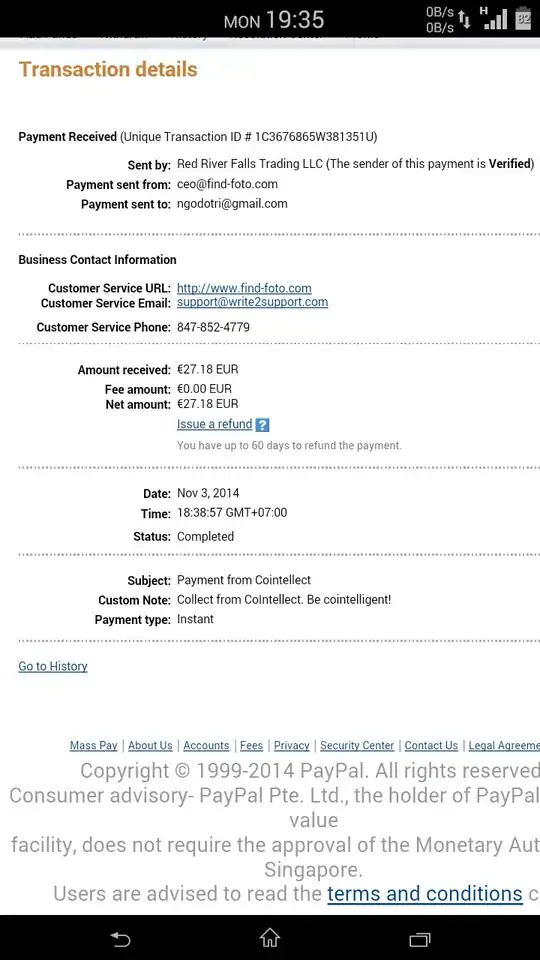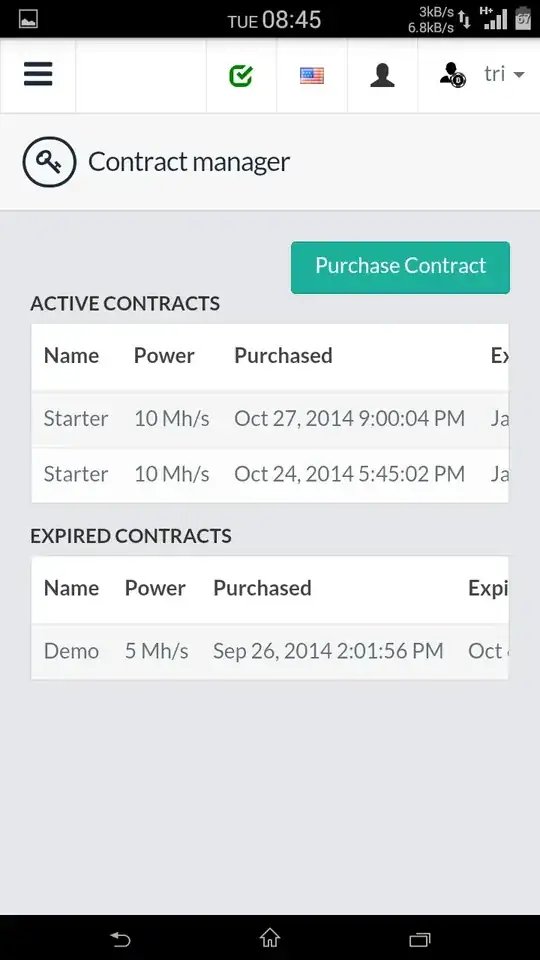Much of the evidence presented so far is weak. Addressing it, point-by-point:
The software is a virus.
If you look at the scan result, you see that half of the virus scanners detect the miner as Win32.BitCoinMiner.bAM or something similar. It's not surprising that a Bitcoin mining program would be detected as a bitcoin miner.
Company name similar to banking conglomerate but not that company
I'm not sure what banking conglomerate you're referring to, but that's probably a coincidence. The fact that I don't know what bank you're talking about means that there isn't a likelihood of confusion.
Your business model is unclear and you deflect all questions about it by saying "look at my blog."
I don't have a response to this.
You insult and make legal threats against anyone who characterizes you as scammers.
What are you supposed to do, not insult them?
From dnivi3:
I then proceeded to check if they actually had miner software on their webpage. They indeed do. And it looks fancy, way fancier than any other miner software out there. It has gimmicky graphics which no other miner software has, which leads me to believe that they want to lure new users to use their software because it is so fancy. Warning sign two: check.
Alternate explanation: they want to distinguish themselves from the dozens of other mining pools and cloud mining providers.
But, hey — wait — their account was created the 11th of July and their first tweet was posted the 11th of July as well. That’s suspicious considering most cryptocurrency/Bitcoin-startups have problems reaching that many followers in that short amount of time. The exchange I work, has existed for over a year and still has not crossed 1000 followers.
Spam twitter accounts need to follow normal accounts too, or Twitter will be able to find dozens of their customers just by identifying a single spam account and looking at everyone it's following.
After I’d had enough of looking through the Twitter-profile and the fake followers, I decided I’d do a Google-search for “Cointellect”. Turns out that this new and small mining startup has tons of references on the web. And, I am not just talking a few references and posts on the web, I am talking hundreds. Google turned up ten whole pages with forum-posts in foregin languages, obscure websites and some cryptocurrency blogs and newssites.
That's not surprising, because CoIntellect has an affiliate marketing program. Now, some of those marketers are going to straddle the line between recommending the service enthusiastically and spamming. It's unreasonable to expect CoIntellect to keep a leash on all of these users.
Additionally, there were other reviews of Cointellect on the web as well. They were all very similar, with the exact same screenshots. To me, they seemed like a copy-paste-job paid by Cointellect. See for yourself and judge if you think they are a copy-paste job or not.
There is a massive amount of plagiarism and blogspam in online journalism. The simplest explanation is that all of those blogs are copying each other.
thebitcoinnews often copies articles from The Daily Doge word for word. Example:
So it seems that Sonera Corporative OU is bought from a online “ready made companies” seller. If this does not smell fishy, then what does?
Registering a corporation in many countries (possibly including estonia) is an enormous pain. It can be simpler to buy one that has already been made.
UPDATE 3 (10/09/2014): Just found some more interesting things. CoIntellect’s Twitter followers have suddenly dropped to 400 and the account has deleted literally all previous tweets. The tweet count is now on 18 and the follower count on exactly 400. I wonder how they got rid of all those followers. Messaged them to unfollow @CoIntellectFAQ? Hardly effective. Messaged the bot operators to get off their heels? Very effective, I’d assume. I think the latter is most likely to have happened.
Occam's Razor: Twitter noticed all of these bot accounts and deleted them. This is frequently done in waves to frustrate bot herders.

